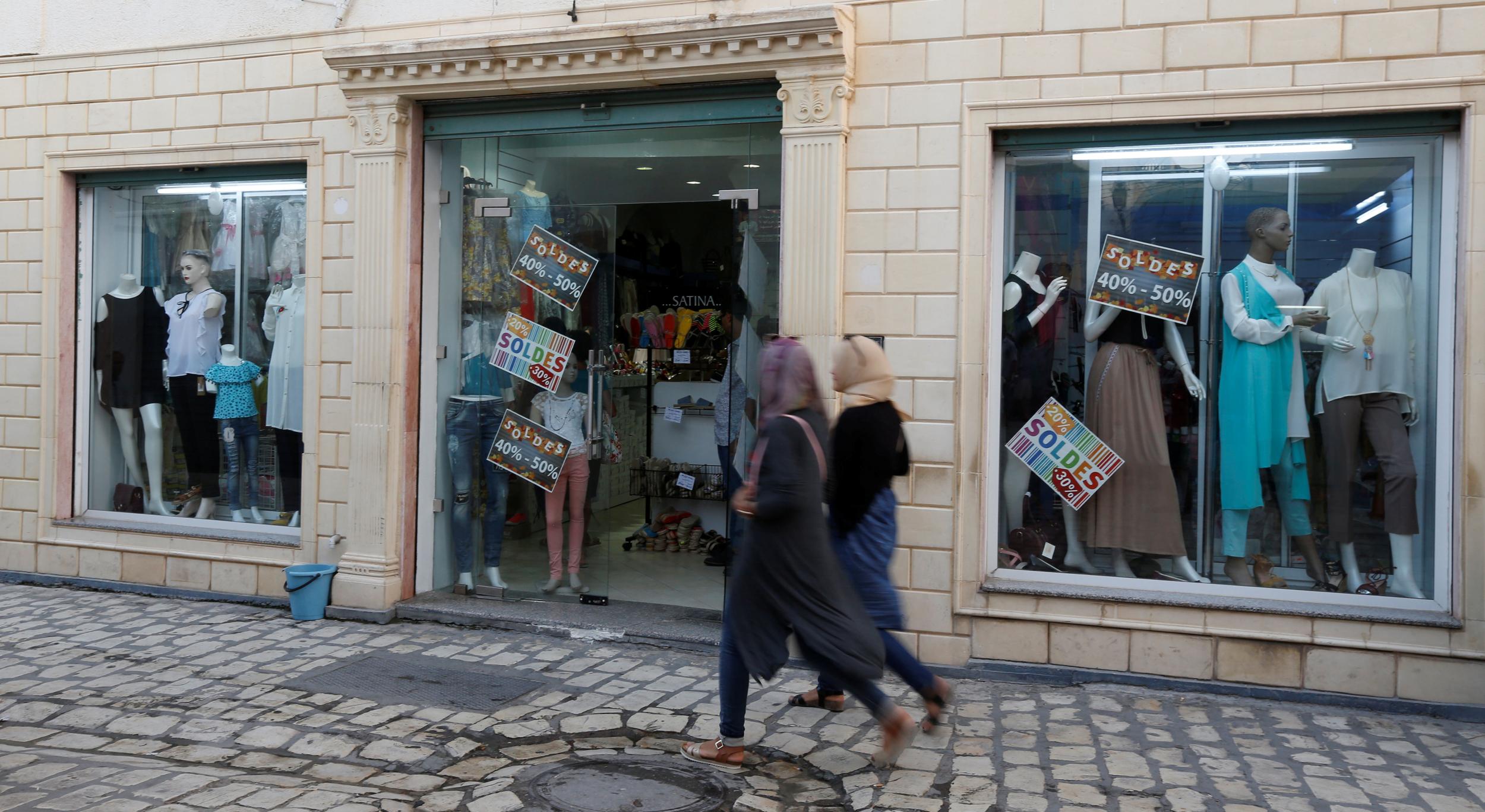Tunisian Muslim women allowed to marry non-Muslims for first time in decades
Ban has been in place since 1973

Your support helps us to tell the story
From reproductive rights to climate change to Big Tech, The Independent is on the ground when the story is developing. Whether it's investigating the financials of Elon Musk's pro-Trump PAC or producing our latest documentary, 'The A Word', which shines a light on the American women fighting for reproductive rights, we know how important it is to parse out the facts from the messaging.
At such a critical moment in US history, we need reporters on the ground. Your donation allows us to keep sending journalists to speak to both sides of the story.
The Independent is trusted by Americans across the entire political spectrum. And unlike many other quality news outlets, we choose not to lock Americans out of our reporting and analysis with paywalls. We believe quality journalism should be available to everyone, paid for by those who can afford it.
Your support makes all the difference.Tunisian women will be allowed to marry non-Muslim men legally for the first time in 44 years, after a controversial ban was lifted.
Last month, 90-year-old president Beji Caid Essebsi argued that the ban violated Tunisia's constitution, and set up a female-led commission to revise the rules.
Mr Caid Essebsi said he wants to create "total, actual equality between men and women citizens in a progressive way".
Before the ban was scrapped, if a Tunisian woman wanted to marry a non-Muslim man, the man would have to convert to Islam and provide a certificate as proof.
"Congratulations to the women of Tunisia in enshrining the right to choose a spouse," Saida Garrach, spokesperson for the presidency, wrote on Facebook.
The ban has been in place since 1973. Tunisia's constitution was introduced in 2014 following the Arab Spring.
"Repeal of the decree was an excellent step forward in Tunisian women's decades-long quest to live as equal citizens under the law," Monica Marks, Tunisia expert at Oxford University, told The Independent.
"Repealing the law has long been a priority for leading women's rights groups in Tunisia, and their activism helped lead to the repeal."
However, Ms Marks suggested the timing of the repeal may be political.
"Just two days ago, Tunisia's parliament passed a highly controversial law that will effectively amnesty public officials who committed crimes under Tunisia's former regimes," she noted.
The so-called “Economic Reconciliation” law grants amnesty to officials accused of corruption during the rule of autocrat Zine El-Abidine Ben Ali. Its proposal led to months of protests.
Within Tunisia, women still face significant discrimination, particularly when it comes to inheritance. A daughter is only entitled to inherit half as much as a son, something powerful mainstream Muslim clerics say is enshrined in the Koran.
Agencies contributed to this report
Join our commenting forum
Join thought-provoking conversations, follow other Independent readers and see their replies
Comments